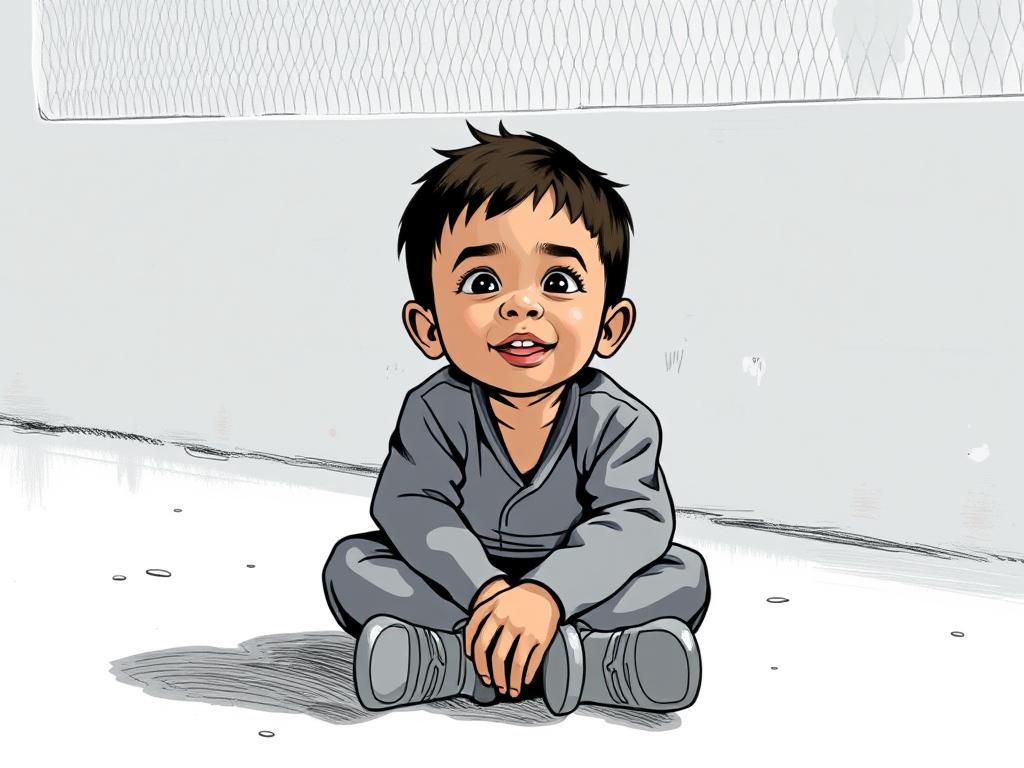The term “kid” is often used colloquially in various social contexts. But what does it really mean when someone calls you “kid”? While it usually refers to a child or young person, its usage has evolved significantly, acquiring multiple connotations that can vary by context, tone, and the relationship between the people involved. This article explores the multifaceted meanings and implications of being called “kid.”
Origins of the Term “Kid”
Etymology
The word “kid” traces its origins back to the Old Norse term “kith,” meaning a young goat. Over the centuries, its meaning shifted from a literal reference to a young animal to a colloquial expression for children. By the 17th century, “kid” was being used in English to describe young people, and it has retained that usage ever since.
Cultural Significance
Across different cultures and regions, the meaning of “kid” can vary. For instance, in some cultures, calling someone “kid” may signify affection and endearment, while in others, it may imply a dismissive attitude. Variations in usage can be observed in popular media and everyday conversations, where the term has evolved from being simply a reference to age to encompassing a range of emotional and contextual implications.
Contextual Meanings of “Kid”
Age and Generational Implications
The use of the term “kid” can also reflect age dynamics. When older individuals refer to younger ones as “kids,” it can imply a sense of wisdom or experience, while younger people might use it to denote playful camaraderie. However, being called “kid” by someone significantly older could suggest that they perceive the other person as immature or less experienced.
Tone and Intent
The tone in which “kid” is used plays a critical role in determining its meaning. When said in a friendly and affectionate manner, it can be endearing and reflective of care. Conversely, if used in a sarcastic or condescending tone, it can be quite dismissive, implying a lack of respect. For example, a boss calling a younger employee “kid” might carry an undertone of condescension, while a parent or mentor could use it lovingly.
Social Dynamics
The implications of being called “kid” extend into social dynamics, particularly concerning age and authority. In professional settings, if a supervisor refers to their team member as “kid,” it may suggest a power imbalance. In casual settings, however, it might reflect camaraderie or equality among friends. Understanding these dynamics is crucial for interpreting interpersonal interactions accurately.
Psychological Impact

How Being Called “Kid” Affects Self-Perception
Being called “kid” can have varied psychological impacts on self-esteem and identity. For some, it could reinforce feelings of youthfulness and vitality, while for others, it may evoke feelings of being underestimated or disrespected. Individuals often internalize the implications of such labels, which can affect their self-image and how they perceive their maturity.
Strategies for Response
When faced with being called “kid,” reactions can range from defensive to accepting. Strategies for response can vary based on the situation. Those who feel diminished may opt for assertive responses, such as politely correcting the speaker or asserting their maturity. In contrast, others might choose to embrace the term, depending on the context and relationship with the individual using it.
Variations and Alternatives
Synonyms and Related Terms
Several synonyms convey similar meanings to “kid,” including “youngster,” “child,” and “youth.” The choice of words significantly impacts communication; for instance, using “youngster” could be perceived as more affectionate, whereas “child” might sound patronizing.
Regional Dialects and Slang
In different regions, the term “kid” can take on various forms. For example, in some parts of the U.S., “kiddo” is often used in a friendly manner. Additionally, slang variations like “squirt” or “pipsqueak” may carry distinct connotations. These regional differences can enrich the understanding of how “kid” is perceived in social interactions.
Conclusion
In summary, the term “kid” carries a range of meanings that reflect social, cultural, and psychological factors. Its interpretation can shift significantly based on context, tone, and the nature of the relationship between individuals. Awareness of these nuances can help in understanding interactions and determining appropriate responses when addressed as “kid.”
Additional Resources

For a deeper dive into colloquial language and social dynamics, consider exploring the following resources:
– [Merriam-Webster Dictionary](https://www.merriam-webster.com) offers extensive definitions and etymology related to colloquial terms.
– [Psychology Today](https://www.psychologytoday.com) features articles on language and its psychological impacts.
Call to Action
Have you ever been called “kid”? What was your reaction? Share your personal experiences and insights related to this term in the comments below, and feel free to engage with others on social media about it!
Table of Key Points
| Aspect | Details |
|---|---|
| Etymology | Originates from Old Norse “kith” meaning young goat, evolving to describe young people. |
| Cultural Variations | Interpretations can vary—affectionate in some cultures, dismissive in others. |
| Age Dynamics | Usage varies among age groups; older to younger often implies wisdom. |
| Tone and Intent | Can be endearing or condescending depending on tone used. |
| Social Dynamics | Reflects power dynamics in professional versus casual settings. |
| Self-Perception Effects | May reinforce youthfulness or feelings of being underestimated. |
| Response Strategies | Responses can be assertive or accepting based on context. |
| Synonyms | Includes “youngster,” “child,” and “youth,” with varying emotional impacts. |
| Regional Variants | Includes terms like “kiddo” and others that vary by locality. |
FAQ
1. What does it mean when someone calls you “kid”?
It can imply a sense of affection, condescension, or even camaraderie depending on the context.
2. Is it always a negative thing to be called “kid”?
No, it can be used affectionately, especially among friends or family.
3. How should I respond if I find it disrespectful?
Consider using an assertive tone to express how you feel about being called “kid.”
4. Do different cultures perceive the term “kid” differently?
Yes, cultural nuances can significantly alter the term’s meaning and implications.
5. Can it affect my self-esteem?
Yes, being called “kid” can impact self-perception, either positively or negatively.
6. Are there any age groups that use the term more frequently?
Younger individuals may use it playfully with peers, while older individuals may use it to address younger ones.
